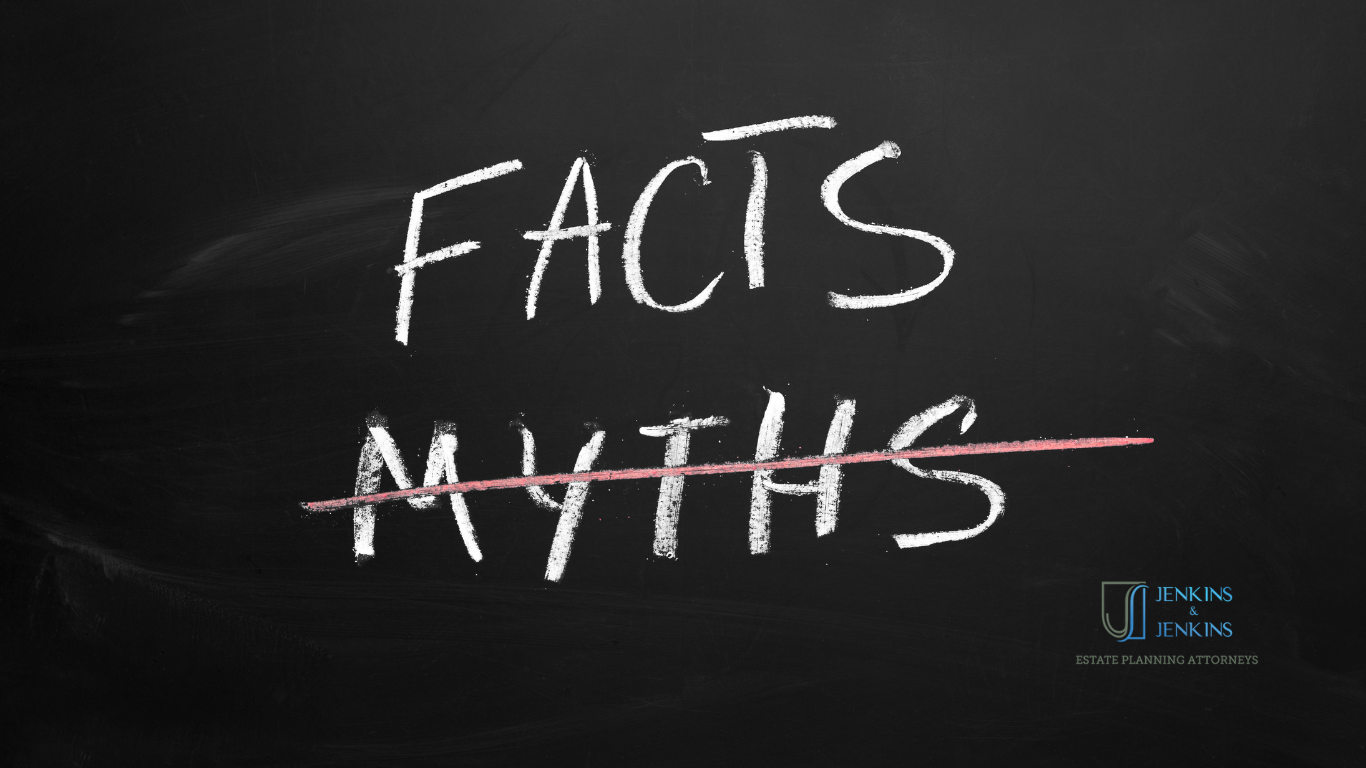When creating an estate plan, one of the most important decisions you will make is selecting the right executor or trustee to carry out your wishes after your passing. The executor or trustee is responsible for managing your assets, paying off debts and taxes, and distributing your estate to your beneficiaries. Choosing the wrong executor or trustee can result in a variety of issues, such as delays, disputes, and even legal battles. Therefore, it is crucial to carefully consider who you appoint to this role. Our experienced estate planning attorneys will walk you through what steps you need to take when it comes to making this important decision.
What is the Role of an Executor or Trustee?
When creating an estate plan, it’s important to understand the role of an executor or trustee and the responsibilities and duties they hold. Let’s take a closer look at the details.
Executor or trustee: What’s the difference?
An executor is a person appointed by the deceased individual in their Will to carry out their wishes and administer their estate. A trustee, on the other hand, is a person appointed to manage assets that have been placed in a Trust.
Responsibilities of an executor or trustee
The primary responsibility of an executor or trustee is to manage the assets of the estate or trust. This includes tasks such as:
- Identifying and locating all assets
- Safeguarding and managing the assets responsibly
- Paying off debts and taxes owed by the deceased individual or their estate
- Distributing assets to beneficiaries as specified in the will or trust document
Additional duties of an executor or trustee
In addition to the above responsibilities, an executor or trustee may also be required to:
- Make important decisions on behalf of the estate or trust, such as managing ongoing businesses or properties, paying ongoing expenses, and making investment decisions
- Communicate with beneficiaries, creditors, and other stakeholders
- Keep accurate records of all transactions and activities related to the estate or trust
- File tax returns and comply with other legal requirements
Qualities of a good executor or trustee
Choosing the right executor or trustee is critical to the success of your estate plan. Look for someone who is:
- Trustworthy and ethical
- Organized and detail-oriented
- Level-headed and even-tempered
- Willing to act as executor or trustee
- Available and capable of carrying out their duties
While knowledge of finance, taxes, or legal matters can be helpful, know that your Executor/Trustee can seek counsel from any needed professional in carrying out their wishes. As such, don’t appoint a hot-headed person just because they happen to know finance well, pick a more mild-mannered candidate even if they do not possess such a background. Overall, the role of an executor or trustee is a significant one that requires careful consideration when selecting the right person for the job. By understanding their role and responsibilities, you can make an informed decision and ensure that your estate plan is carried out in accordance with your wishes.
What Qualities Should You Look for in an Executor or Trustee?
When selecting an executor or trustee for your estate plan, there are several key qualities to consider. Let’s take a closer look at what makes a good executor or trustee.
Trustworthiness
One of the most important qualities to look for in an executor or trustee is trustworthiness. This person will be responsible for managing your assets and carrying out your wishes after your passing (and possibly during your incapacity), so you need to be able to trust them to act in your best interests and those of your beneficiaries.
Organization and attention to detail
An executor or trustee must be highly organized and pay close attention to detail. They will be responsible for managing a range of tasks, from identifying and locating assets to paying off debts and taxes and distributing the estate to beneficiaries. Any mistakes or oversights could cause delays, disputes, or legal issues. They can get help with this if they need.
Level-headed and even-tempered
You don’t want someone who ignites on a whim or becomes vindictive easily to serve in this role. Emotions are already high due to your passing, so you want someone who will serve with an even handed approach and not stir up any additional emotions or troubles. A willingness to be transparent with all parties and talk through any concerns without becoming offended or feeling attacked is crucial here.
Availability and willingness to serve
The executor or trustee should be available to serve when needed and willing to take on the responsibilities of the role. It’s important to choose someone who is not only capable but also willing to act as executor or trustee.
Other qualities to consider
In addition to the above qualities, there are other factors to consider when selecting an executor or trustee. These may include:
- Geographic location: The executor or trustee should ideally live close enough to be able to manage the estate or trust effectively. That said, if your ideal candidate is not local, you can absolutely still nominate them (especially if they are in the US). Almost all trust and estate affairs can be dealt with virtually at this point, so don’t nominate someone you’re not 100% confident in just because they are local – nominate the more distant (but better) candidate and know the location will not be a hindrance.
- The one additional caveat here is you do want a US based person whenever possible, even if that may be a professional. You do not want to name someone outside the US to either of these roles if at all possible both from a tax and practicality perspective.
- Age and Health: It’s important to choose someone who is likely to outlive you and remain healthy enough to manage the estate or trust for an extended period of time. You can name a backup or two as well just to make sure we have someone named to serve.
- Conflict of Interest: It’s important to avoid choosing someone who may have a conflict of interest, such as your financial advisor or drafting attorney.
What Factors Should You Consider When Choosing an Executor or Trustee?
When choosing an executor or trustee for your estate plan, there are several factors to consider to ensure that you select the right person for the job. Let’s take a closer look at some of these factors.
Family relationships
Family relationships can play a significant role in the selection of an executor or trustee. In many cases, people choose a spouse, child, or other close family member to serve in this role. However, it’s important to consider whether this person has the necessary skills, knowledge, and temperament to carry out the duties of an executor or trustee. Family dynamics can also be a consideration, as choosing one family member over another could cause tension or conflict.
Geographic location
The location of the executor or trustee is another important factor to consider. Ideally, this person should live close enough to the deceased individual or the beneficiaries to manage the estate or trust effectively. As long as they person is within the US though, this factor is not so important. With a virtual approach, trust and estate matters can be easily handled from anywhere within the States.
Age and health
Age and health are also important factors to consider when selecting an executor or trustee. You want to choose someone who is likely to outlive you and remain healthy enough to manage the estate or trust for an extended period of time. If you choose an elderly or unhealthy person, there is a risk that they may not be able to fulfill their duties.
Availability and willingness to serve
The availability and willingness to serve is another important factor to consider. You want to choose someone who is available to serve when needed and willing to take on the responsibilities of the role. If someone is too busy with work or personal obligations, they may not have the time to manage the estate or trust effectively.
Conflict of interest
Choosing an executor or trustee who has a conflict of interest is not recommended. This could include a beneficiary, someone who stands to gain financially from the estate or trust, or someone who has an existing professional relationship with a beneficiary. A conflict of interest could lead to disputes or legal issues down the line.
Overall, choosing the right executor or trustee for your estate plan requires careful consideration of a range of factors. By taking these factors into account, you can select someone who is best suited to manage your assets and carry out your wishes in accordance with your estate plan.
Alternatives to Consider
If a family member or friend is not suitable for the role of executor or trustee, there are other options to consider. Let’s take a closer look at some of these alternatives.
Professional trustees
Professional trustees are individuals or companies who specialize in managing trusts and estates. They are typically experienced in finance, taxes, and legal matters, and can provide a high level of expertise and professionalism. Some benefits of using a professional trustee include:
- Expertise in estate planning and management
- Impartiality and neutrality
- Availability to serve when needed
- No family conflicts or biases
However, professional trustees will be more expensive than a family member or friend serving in the role.
Executor services / Trust Companies
Executor services are companies that provide executorship services to individuals and families. They can manage all aspects of the estate administration process, from identifying assets to distributing them to beneficiaries. Some benefits of using an executor service include:
- Expertise in estate administration and management
- Availability to serve when needed
- Reduced risk of conflicts among family members
- Flexibility in managing assets and investments
However, executor services will also be more expensive than a family member or friend serving or professional fiduciary in the role.
Co-executors or co-trustees
If you are not comfortable with one person serving as the sole executor or trustee, you may consider appointing two or more people to serve as co-executors or co-trustees. This can provide a balance of skills and expertise and reduce the risk of conflicts of interest. However, it’s important to ensure that the co-executors or co-trustees are able to work together effectively and communicate clearly.
Overall, there are several alternatives to consider if a family member or friend is not suitable for the role of executor or trustee. By exploring these options and selecting the best fit for your estate plan, you can ensure that your assets are managed responsibly and your wishes are carried out in accordance with your estate plan.
Consult with an Estate Planning Attorney
Choosing the right executor or trustee is a critical part of the estate planning process. It is important to carefully consider your options and seek professional guidance to ensure that your estate plan is structured in the most effective and efficient way possible. Consult with an experienced estate planning attorney who can provide advice and guidance on selecting the right executor or trustee for your estate plan.







